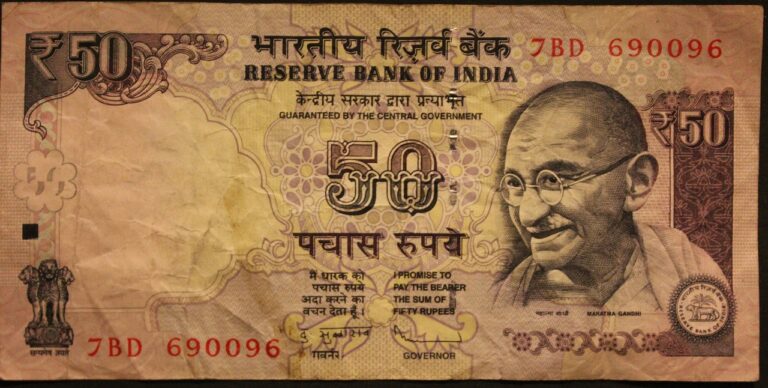The Impact of Global Trade Policies on Farm Equipment Markets: 11xplay pro, Tiger 247 login, Betbook
11xplay pro, tiger 247 login, betbook: Global trade policies have a significant impact on various industries, including the farm equipment market. Changes in trade agreements, tariffs, and regulations can affect the prices, availability, and demand for farm equipment worldwide. In this article, we will explore how global trade policies influence the farm equipment markets.
Trade Agreements and Tariffs
Trade agreements between countries can either facilitate or hinder the flow of farm equipment across borders. Tariffs imposed on imported farm equipment can increase the cost for farmers, making it more expensive to purchase essential machinery. Conversely, free trade agreements can lower prices and increase market access for manufacturers and consumers alike.
Regulatory Standards
Different countries have varying regulatory standards for farm equipment, which can impact trade between nations. Manufacturers must ensure that their equipment meets the regulations of the countries they export to, which can be a costly and time-consuming process. Harmonizing regulatory standards can simplify trade and benefit both producers and consumers.
Market Access
Global trade policies can affect market access for farm equipment manufacturers. Barriers such as tariffs, quotas, and non-tariff barriers can restrict the entry of foreign equipment into a market, limiting competition and choice for farmers. Open and fair trade policies can foster innovation, lower prices, and improve the quality of farm equipment available to consumers.
Supply Chain Disruptions
Trade policies can also disrupt the supply chain for farm equipment manufacturers. Changes in trade agreements or tariffs can impact the sourcing of raw materials, components, and machinery, leading to delays, increased costs, and supply chain inefficiencies. Manufacturers must adapt to shifting trade policies to ensure a smooth supply chain and meet consumer demand.
Technological Innovation
Global trade policies can influence technological innovation in the farm equipment market. Open trade policies can encourage the exchange of ideas, technology, and best practices between countries, fostering innovation and driving advancements in farm equipment design and functionality. Protectionist policies, on the other hand, can stifle innovation and limit the competitiveness of the market.
Market Dynamics
The farm equipment market is highly competitive, with manufacturers vying for market share in a globalized economy. Trade policies can shape market dynamics by affecting pricing, demand, and competition in the industry. Manufacturers must navigate the complexities of global trade policies to remain competitive and meet the evolving needs of farmers worldwide.
FAQs
Q: How do tariffs impact the farm equipment market?
A: Tariffs can increase the cost of imported farm equipment, making it more expensive for farmers to purchase machinery. This can affect demand, pricing, and market access for manufacturers.
Q: How can trade agreements benefit the farm equipment market?
A: Trade agreements can lower prices, increase market access, and facilitate the exchange of technology and best practices, driving innovation and competitiveness in the market.
Q: What challenges do manufacturers face due to regulatory standards?
A: Manufacturers must ensure that their equipment meets the regulatory standards of the countries they export to, which can be a costly and time-consuming process. Harmonizing standards can simplify trade and benefit producers and consumers alike.







